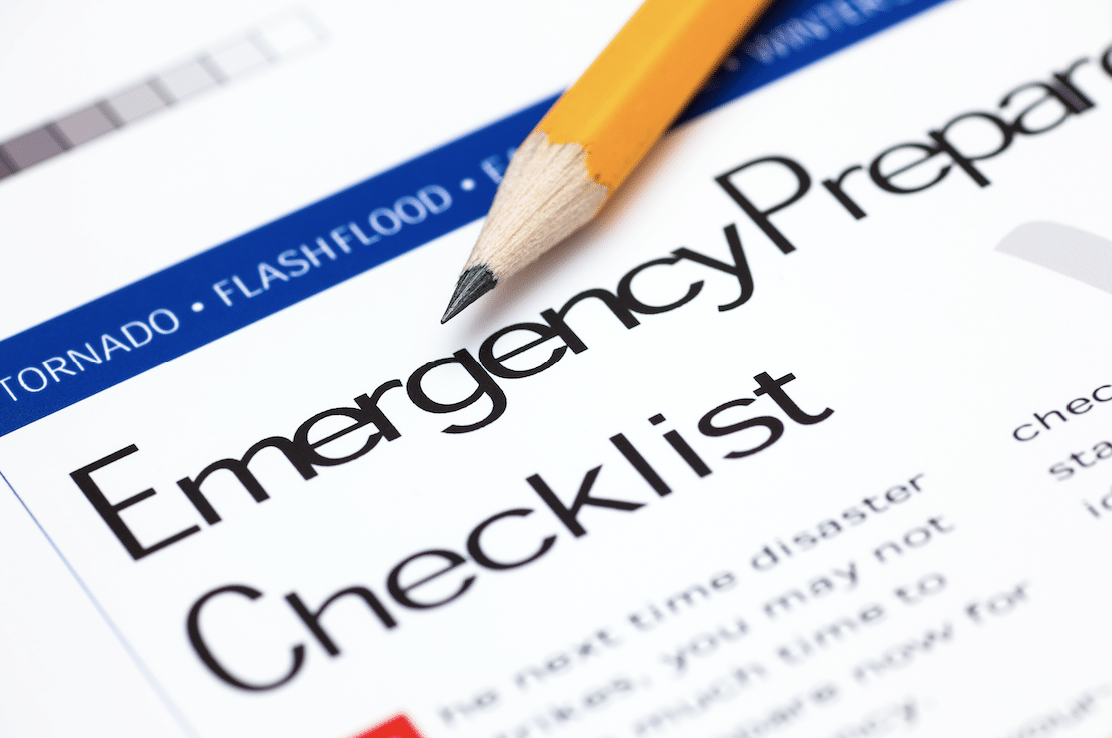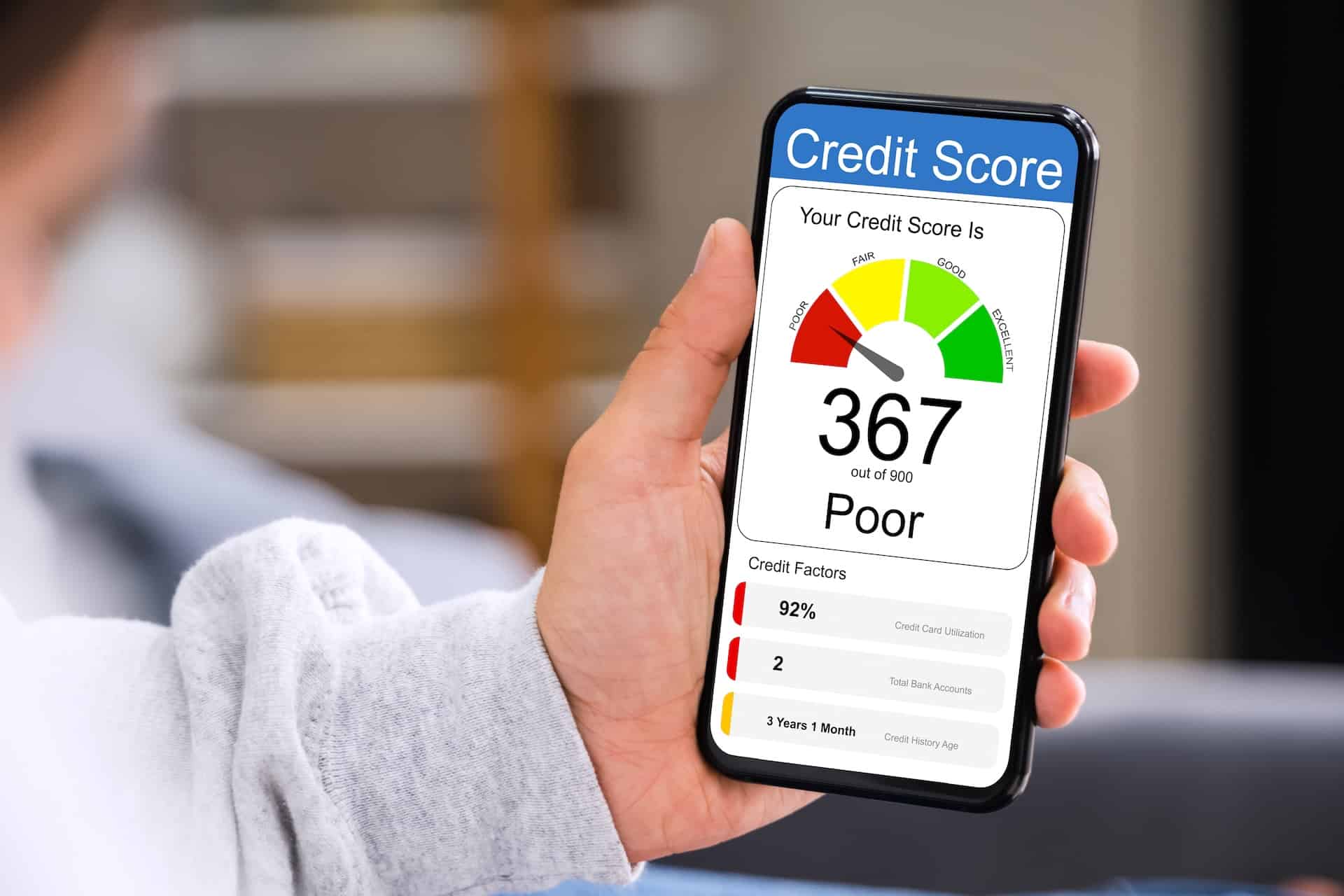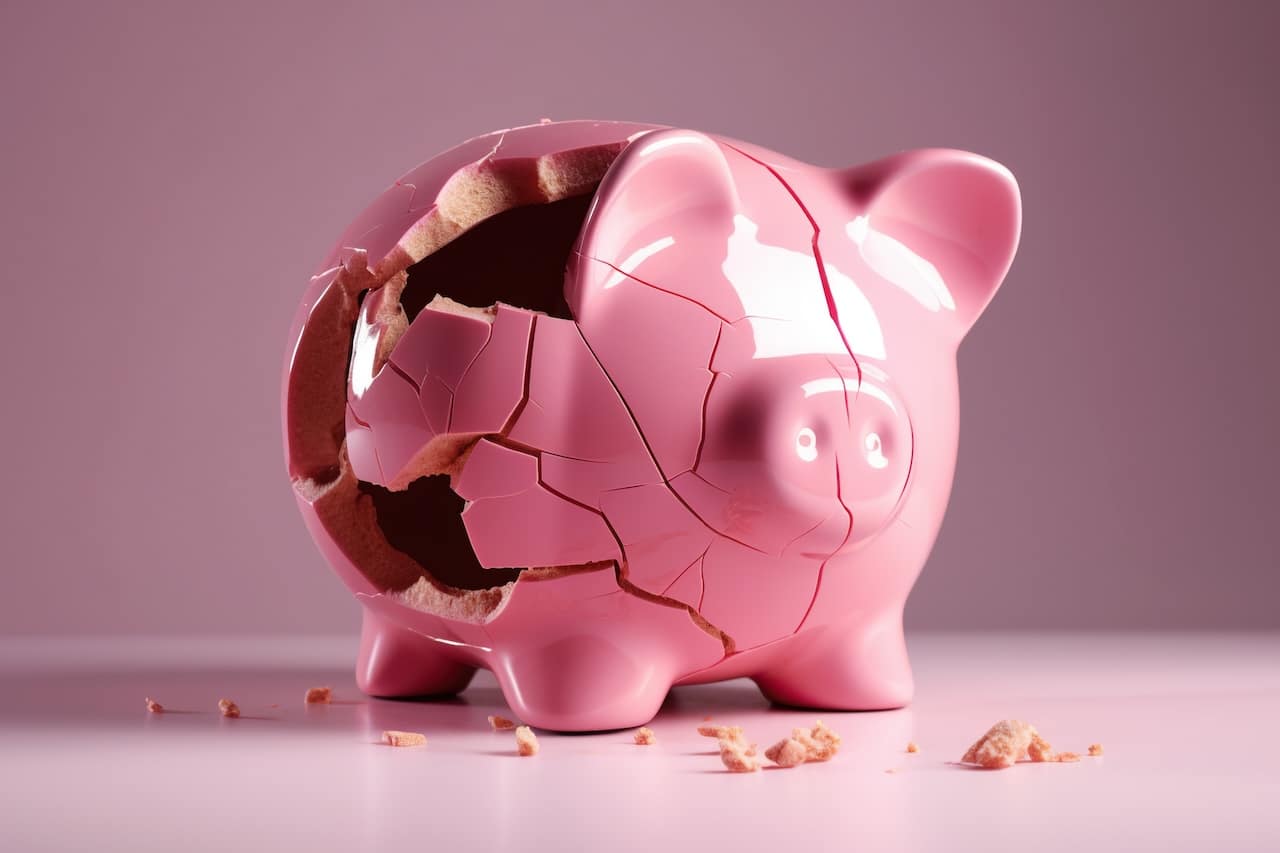Summary:
- Safeguard important financial records by putting them in the cloud.
- Make sure you have $500-$1000 in cash on hand.
- Keep a separate credit card for emergencies only.
If someone were to ask you if you’re prepared for an emergency situation, what would you say?
From wildfires ravaging the West Coast to hurricanes brewing on the East Coast, the U.S. is poised to endure some of the most devastating natural disaster years on record. With September being National Preparedness Month, now is a good time to make sure you’re prepared in the event that you and your family need to quickly evacuate.
While packing up valuables, saving canned goods, and keeping the car gassed up can be more top-of-mind preparation steps, there are also a few things to keep in mind when it comes to your finances.
How financially prepared are you for a wildfire, hurricane, earthquake, flood, pandemic, or other disaster?
We are going to focus on financial preparedness, but please visit the government’s website for tips on all other aspects of preparing for a natural disaster. The good news is that most of these tips can be done before a disaster strikes, giving you valuable peace of mind that your finances are more protected during a difficult time.
Put Financial Records in the Cloud
Do you know where your financial records are? You may want to put your password-protected financial documents and related information in the cloud using DropBox, iCloud, or any other service.
According to The Federal Emergency Management Agency (FEMA), these documents include, but are not limited to:
- Household and personal: vital records such as birth certificates, passports, social security cards
- Financial and legal: mortgage or rent agreement, car loan, insurance policies, pay stubs
- Medical: health insurance, list of medications, living will
By keeping these important documents in the cloud, you will be able to access them from most any computer or digital device. Please note that there are security risks with storing sensitive and personal information in the cloud and security breaches are possible.
Have Cash on Hand
You should try to keep some cash on hand, ideally about $500-$1000, in small bills. You can keep this in a safe in your home or directly with your emergency supplies.
It’s important to be prepared for the unexpected. In the event of a serious emergency, power may be out, meaning that ATMs and credit card machines won’t work. If you need to buy food, toiletries, clothes, and more, it can be helpful to have cash on hand to help you get the right supplies. We recommend using smaller bills since it may be challenging to get change for a $50 or $100 bill in emergency situations.
Have a Credit Card for Emergencies
If you are able to, keep a separate credit card just for emergencies. Since it’s difficult to know how long an emergency can last, a c credit card with a larger limit can help get you and your family through a difficult time.
To learn more about how to apply for an emergency credit card, check out these tips.
In the meantime when you aren’t using your emergency credit card, it can also help improve your credit score by freeing up your utilization.
Negotiate Your Bills Afterward
While it’s a good idea to have an emergency fund to dip into for unexpected expenses, building your emergency fund can take time and may be challenging if you’re living paycheck to paycheck. If you find yourself in a position where you cannot pay your bills during an emergency situation, there are a few things you can do to make sure you protect your credit score and financial standing.
First, we recommend contacting your lenders and explaining the situation. They may be willing to work out some type of payment plan with you to help alleviate your stress during this time.
If you did miss a payment during this time (whether inadvertently or because you were conserving funds), you can see about having the late fees or potential late payment mark on your credit report removed. If this is the case, you should try reaching out to the creditor or lender to explain your situation and ask if they can waive the late fee. If the late payment mark has already been added to your credit report and is impacting your credit score, you can reach out to the credit bureaus directly to dispute it. If you’re unsure if your credit score has been impacted, you can check it for free on Credit Sesame.
This article is for informational purposes only and should not be relied on as financial advice.




















